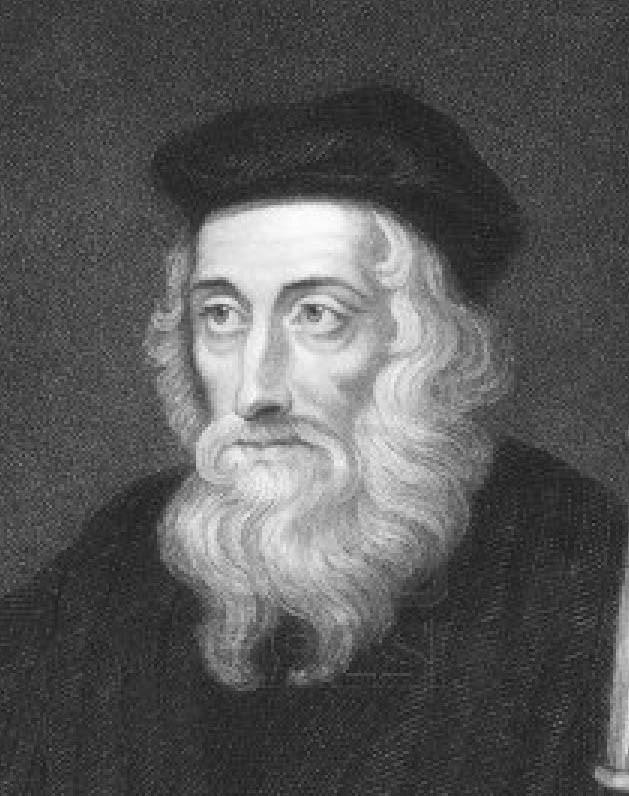John Wycliffe

John Wycliffe is an English theologian, philosopher, church reformer, and promoter of the first complete translation of the Bible into English. He was one of the forerunners of the Protestant Reformation. The politico-ecclesiastical theories that he developed required the church to give up its worldly possessions, and in 1378 he began a systematic attack on the beliefs and practices of the church. The Lollards, a heretical group, propagated his controversial views. He became a regent master in arts at Balliol in 1360 and was appointed master of the college, but he resigned in 1361 to become vicar of Fillingham, the college’s choicest living, or church post. On April 7, 1374, Edward III appointed Wycliffe to the rectory of Lutterworth in place of Ludgershall, and about this time the theologian began to show an interest in politics. After he returned to Lutterworth and, from the seclusion of his study, began a systematic attack on the beliefs and practices of the church. But his chief target was the doctrine of transubstantiation—that the substance of the bread and wine used in the Eucharist is changed into the body and blood of Christ. In retrospect, most of Wycliffe’s post-Reformation, Protestant biographers see him as the first Reformer, fighting almost alone the hosts of medieval wickedness. There has now been a reaction to this, and some modern scholars have attacked this view as the delusion of uncritical admirers.




